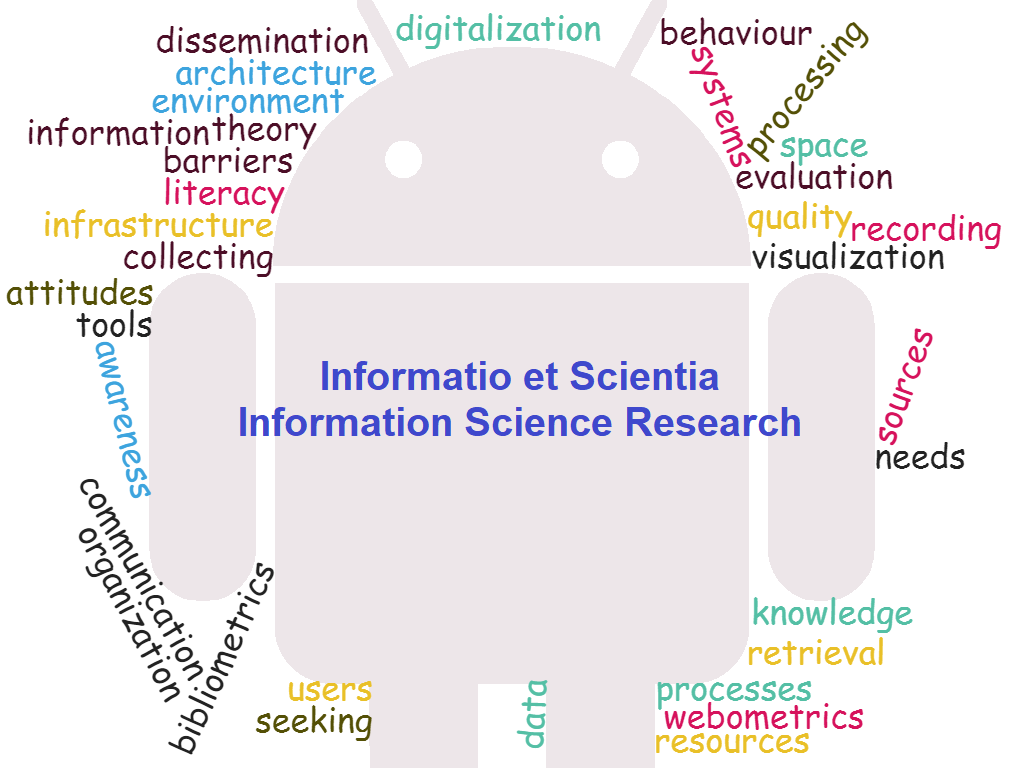Developing Digital Collections: a Training Model of Digital Humanities Web Projects in Library and Information Science Education
Developing Digital Collections: a Training Model of Digital Humanities Web Projects in Library and Information Science Education
Author(s): János Fodor, Péter KiszlSubject(s): Education, Library and Information Science
Published by: Instytut Informacji Naukowej I Bibliotekoznawstwa, Uniwersytet Marii Curie Skłodowskiej w Lublinie
Keywords: library and information science; librarian training; content development; collections management; digital literacy; local history; digital humanities;
Summary/Abstract: Creating content providing systems and programming database connections, queries, and complex web platforms are primarily the tasks of information technology. However, the professional and content-related preparation of service engineering and the customisation and effective use of content providing systems belong to the librarians’ competences and therefore constitute an interdisciplinary area of our training. The so called Content Development Working Group of the Institute of Library and Information Science of the Faculty of Humanities at Eötvös Loránd University has, therefore, had a dual purpose since the mid-2000s. On the one hand, it involves future librarians in projects yielding tangible outcomes for the professional community, thus helping the students acquire competences relating to various aspects of the librarian profession through motivating and creative work. On the other hand, the working group studies and analyses the instruments of content provision, especially network-based information services. The results obtained through joint research and the display platform created are also published as a complex project, thus introducing students into the network-based forms of research support and scientific information provision. As an integral part of a modern librarian’s duties is to inform social media users of existing digital collections, within the framework of the programme we also test the effectiveness of libraries’ social media presence through short excerpts of our sample projects. Bearing all the above in mind, this paper aims to provide a detailed description of (1) the content development projects, (2) the experimental research projects and (3) the collaborative projects of the Content Development Working Group devised to enhance trainee librarians’ interdisciplinary competences. The study also highlights how the outcomes of the projects are integrated into the disciplinary (BA and MA) degree programmes of the Institute. To demonstrate the broader context of the undertaking, the study also includes a short section on the educational aspects of e-books and e-publishing and presents some of the internationally recognised results, the international connections and the future plans of the Centre for Digital Humanities founded in the Institute in 2017.
Journal: Informatio et Scientia. Information Science Research
- Issue Year: 1/2018
- Issue No: 1
- Page Range: 78-104
- Page Count: 27
- Language: English

